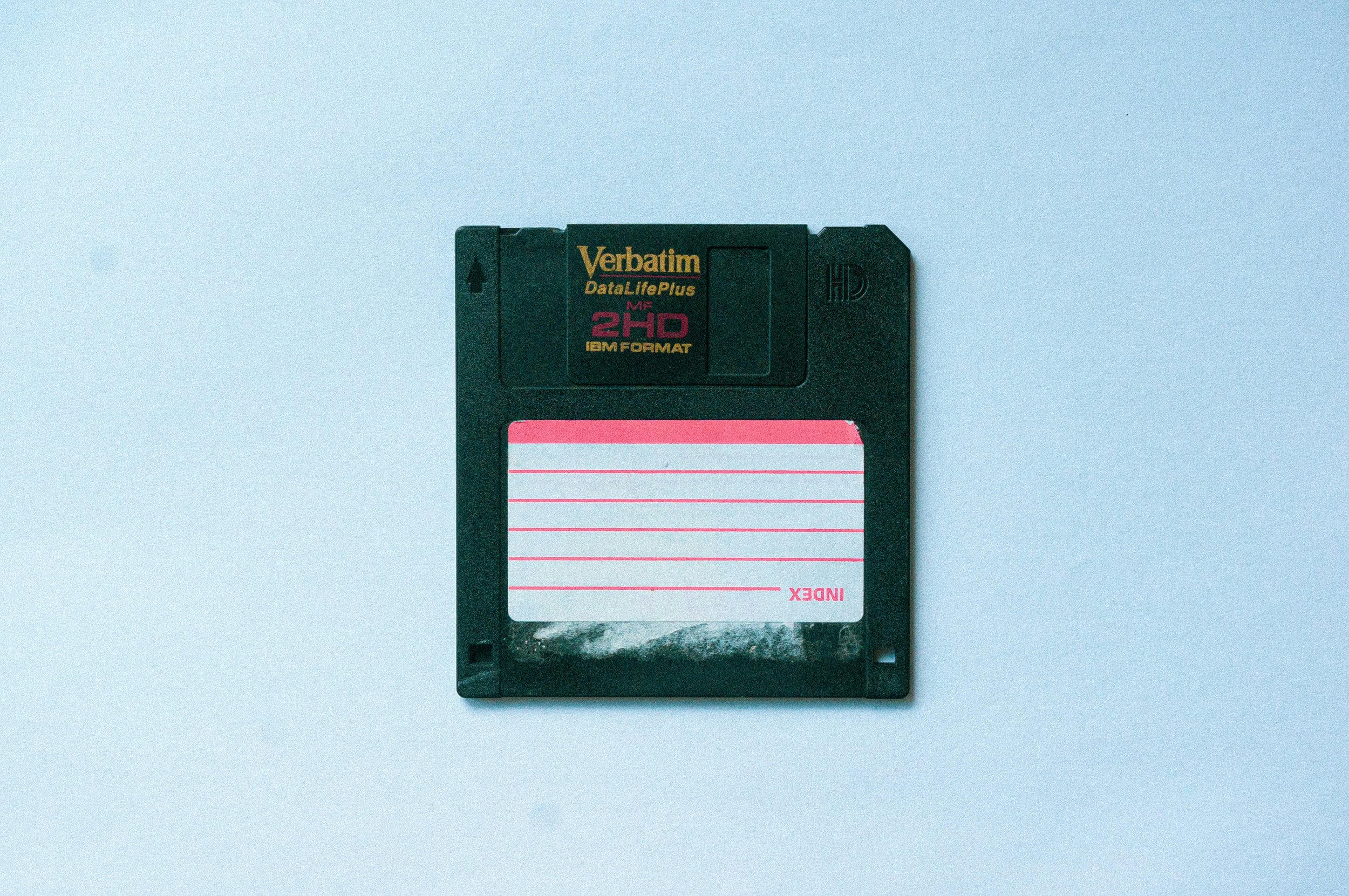
Rewiring Brain Health: Alzheimer, Dementia & Beyond
2025
Miami
It’s 2025, and we are entering a new epoch — where digital therapeutics, AI-driven diagnostics, and cutting-edge neuromodulation devices promise not just symptom management, but the prospect of earlier detection and more personalized treatment paths for dementia and neurodegenerative care.
While hope abounds for the millions impacted by conditions like Alzheimer’s and Parkinson’s, it’s crucial to parse out tangible progress from overhyped trends.
TELEHEALTH
& REMOTE ASSESSMENTS
Post-pandemic telehealth has become a mainstay, extending cognitive tests and therapy sessions beyond traditional clinical settings.
HIGH-STAKES
FUNDING
Venture capital in neuromodulation and digital brain health soared in 2024 and will continue strong into 2025, reinforcing the industry’s forward momentum.
COGNITIVE GYMS
ON THE RISE
Inspired by fitness studios, “brain gyms” blend gamified activities with community engagement, appealing to those at risk of cognitive decline.
Quick Hits
NEUROMODULATION
BREAKTHROUGH
Startups like Nuuron in Berlin are developing “digital Alzheimer’s medications,” combining AI-guided exercises with telehealth oversight.
Precision Diagnostics & Early Detection
BIOMARKERS
& IMAGING
Researchers are zeroing in on blood-based markers that can detect Alzheimer’s or Parkinson’s well before symptoms set in. Meanwhile, high-resolution brain imaging unveils micro-level neural changes, steering the conversation toward preventive interventions rather than late-stage management.
GENETICS
& PERSONALIZED APPROACHES
Genetic screening can warn of elevated dementia risk, enabling individuals and healthcare teams to plan targeted nutrition, lifestyle, or pharmaceutical strategies. Still, the cost and ethical implications of predictive testing underscore the need for equitable access and patient autonomy.
With earlier detection comes the possibility of slowing or even halting disease progress. However, harnessing these breakthroughs for widespread benefit calls for coordinated public health initiatives and comprehensive insurance support.
Innovative Care Models
COGNITIVE WELLNESS
GYMS
Reflecting broader wellness trends, “brain gyms” emulate fitness studios by fusing interactive tasks, group bonding, and expert coaching. In Fitt Insider’s Issue No. 323, “Brain Gains,” these programs are spotlighted for helping participants manage or stave off cognitive decline through constant engagement.
HOLISTIC CARE
COMMUNITIES
Beyond gym-style offerings, many senior living facilities now incorporate daily exercise classes, on-site telehealth check-ins, and diets rich in brain-friendly foods. Family caregivers benefit from short-term respite options and communal support sessions, mitigating the emotional toll of round-the-clock care.
These approaches suggest a shift from merely treating neurodegenerative diseases to proactively nurturing overall brain health—underscoring the role of social and lifestyle factors.
Challenges & Opportunities
-
Many still see dementia or Parkinson’s as untreatable, curtailing early interventions that could dramatically improve quality of life.
-
While sophisticated brain stimulation devices and telehealth programs show promise, affordability barriers remain high, risking an uneven distribution of care.
-
Not all digital or neuromodulation tools hold up under scientific scrutiny. Large-scale, peer-reviewed trials are vital for distinguishing effective therapies from hollow hype.
-
More data collection means heightened privacy risks—particularly for a vulnerable population. Strengthening regulations around data use is paramount.
-
Neuroscientists, app developers, policymakers, and family advocates must align to create patient-centric solutions. This synergy could lead to breakthroughs that neither discipline could achieve alone. Social events extend community-building beyond the physical facility.
Looking Ahead
As we rewrite the playbook on dementia and related conditions, 2025 reveals both exhilarating progress and unresolved complexities.
From neuromodulation devices that attempt to reshape neural pathways to digital “drugs” that promise adaptive mental exercises, the neurodegenerative care arena is blossoming into a global collaborative effort.
Yet, beneath this wave of innovation lies the imperative to keep patients at the center — ensuring that emerging solutions honor dignity, accessibility, and transparent clinical validation.



